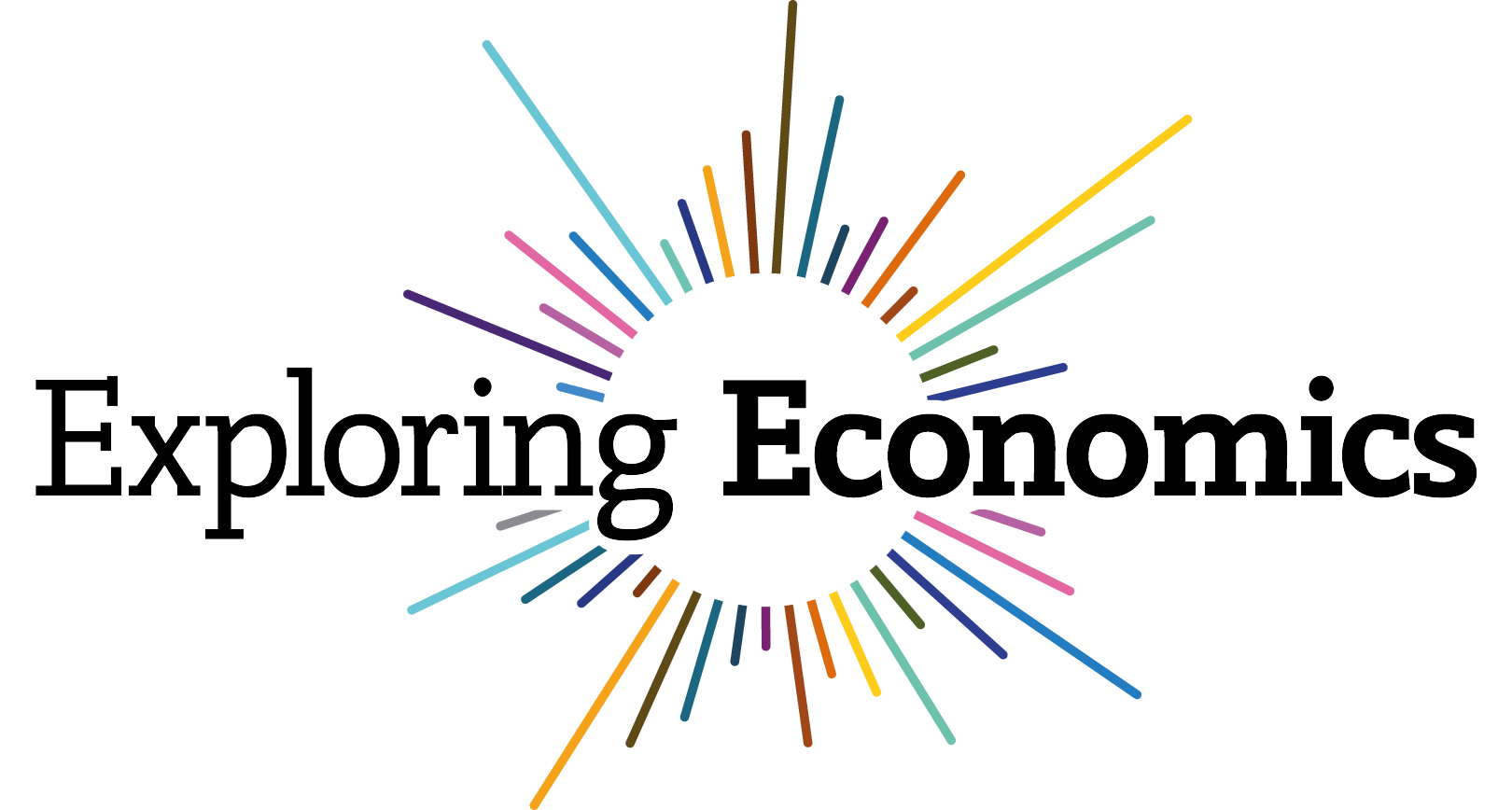Pluralist Economics Fellowship


Each year, students from Minerva University are selected for the Pluralist Economics Fellowship during their semester in Berlin (winter term).
During the fellowship, they contribute as editors to Exploring Economics. Editors suggest, asses and create new material for the e-learning platform. The fellows gaine experience in academic writing and publishing, enriche their knowledge of economic schools of thought, and work closely with the Exploring Economics Team and the Minerva supervisors.
Over the course of the fellowship, the candidates produce essays and dossiers for Exploring Economics, which can be found below, and at the same time earne credits at their home institution. For more information check out the full application document from 2018 here.
 |
 |
 |
 |
Below you can find the essays and dossiers that have been produced during the Pluralist Economics Fellowship so far:
Happiness Economics. Does Easterlin paradox stand?

Happiness economics is a branch in behavioral economics, where it explores the economics factors and consequences of happy humans. What makes people happier, and what benefits do we get when people are happier? This dossier introduces you to the field of happiness economics, from a review of economic factors proposed to influence people’s happiness, to a discussion of the economic consequences of happiness, and concludes with economic policy implications of happiness economics.
Trade Barriers to Development

A central question in development economics literature is, “Why do countries stay poor?” The key disagreements are whether the lack of economic growth stems from institutions or from geography. From an institutional perspective, hostile tariff regimes and commodity price dependencies form a barrier to a sectoral shift that would otherwise lead to economic development in developing countries. Let’s unpack that.
Estimating the Effect of the Climate Change Act

Here we look at the effect of the 2008 Climate Change Act passed in Parliament in the United Kingdom as an effort to curb emissions in all sectors. The Act aside from setting goals to become a low-carbon economy sets up an independent committee on Climate Change to ensure the implementation of policies to comply with the ultimate goal of 80% reduction in total emissions in 2050. I make use of the Synthetic Control Method (SCM) to create a comparative case study in which the creation of a synthetic UK serves as a counterfactual where the treatment never occurred (Cunningham, 2018).
Urban Arbonomics

Complexity economics goes further than simply finding a theoretical link between greenery and economic well being. It also recognizes the impediments within the system – from planning toolkits and education for urban planners to governmental budgets that prevent this theoretically beneficial action from occurring.
Could gender equality help the economy?

Economic growth and development have a profound impact on individual lives, and thus, economists throughout history have sought to understand which factors and actions can lead to economic growth and development such as investment in technology and education.
Yet, the role women play in the economy has long been overlooked.
Ecological Economics: A Solution to Deforestation?
Deforestation is estimated to be responsible for about 12-29% of global greenhouse gas emissions.
Though solutions are negotiated on a transnational basis, such as through the United Nations Convention on Climate Change, logging a forest is often more financially profitable than conserving it.
An Introduction to Game Theory in Public Policy

What is game theory? Game theory is a way of thinking about strategic interactions between people, which makes it a crucial component of economics, political science, international relations, psychology and a variety of other disciplines that deal with the complexities of human interaction in decision making.
Behavioural vs Complexity Economics

As seen with the United Nations significant promotion of the Sustainable Development Goals in the past few years, the issue of global development is of growing concern to many international organizations. The work of behavioral and complexity economists offer a unique, collaborative perspective.
Homo Economicus: Why are new year’s...

Have you ever wondered why it is so difficult to follow through on new year’s resolutions, such as to exercise more or to start saving more money towards retirement? The agent that most traditional economic models are based on would not struggle to keep up these resolutions. These agents are referred to as homo economicus.
Taxation in the MENA region

While increased tax revenue can increase government earnings if collected efficiently, there is a global trend towards lower corporate taxation to prevent profit shifting and cross-border adjustments for multinational corporations (MNCs). The lower corporation taxes function as incentives for MNCs to pay taxes within the region of operation rather than engaging in illicit financial practices such as tax evasion and profit shifting.
How can MERCOSUR move forward?

MERCOSUR (Mercado Común del Sur or Common Southern Market) was the first formalized attempt to integrate South American countries economically and politically. However, since its establishment, Mercosur has had many drawbacks and complications that have made it hard to successfully establish itself as a strong integrated bloc.

